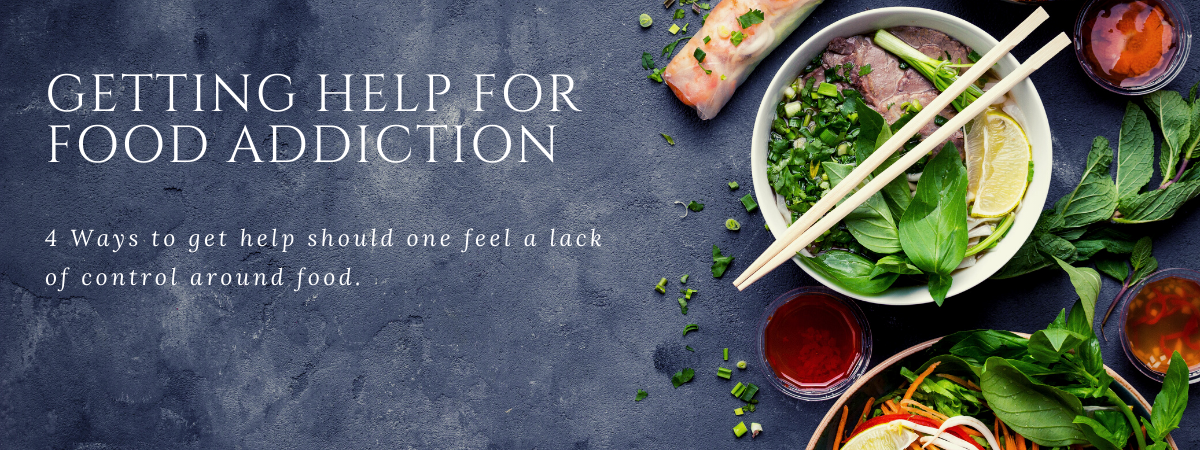Can Food Be Considered an Addiction?
When we think of addiction, many times we only think of drugs and/or alcohol. However, food addiction has recently been recognized as another type of addiction that warrants treatment and support from certain specialists. Since food is one of the 4 necessities of life, acquiring a food addiction can cause one to feel confused, frustrated, and helpless. Understanding why food addiction happens can be the first step in overcoming this constant compulsion to overeat.Since our brain activity with food addiction parallels that of drug addiction, the symptoms of both food and drug addictions can be very similar. When we ingest food that is high in fat and sugar, our pleasure neurotransmitter, Dopamine, causes the reward centers of our brain to light up. With this sensation, we feel a lack of willpower, which is a misconception of the cause of food addiction. The true cause is craving more of this feeling of satisfaction and being left wanting more.
If you feel a lack of control around food, you may suffer from food addiction. The good news? There are ways to get help:
Acknowledge That There Is a Deeper Issue at Hand – Again, it is not just because you “lack willpower”. Since we have now learned there are psychological mechanisms hindering your healthy eating habits, we can now move forward in seeking proper treatment.
Find Your Triggers – The are some questions that are important to ask yourself – Do you plan your life around food? Do daily food choices feel mind-consuming? Do you turn to food for comfort? Do you associate food with certain emotions? Knowing your triggers makes it easier to face them and in turn, easier to seek help.
Share With Your Close Ones – It can feel lonely suffering from food addiction. Your thoughts surrounding food are ever so constant and trying to hide them can cause a spiral. Having close friends or family who know your triggers makes it easier to avoid them. For example, if you know pizza is food that you feel out of control around, your friends are less likely to plan a “wine & pizza” night if they are made aware of this.
Seek Out Support – A registered dietitian who specializes in eating disorders is the best resource in treatment. These dietitians have spent years studying the connection between psychology and food and can come up with proper interventions for each patient. Treatment is not a “one size fits all” plan, it should be personalized and individualized to your journey.
Know that you are not alone. If after reading this you feel like you may suffer from food addiction, dietitians at Nutrition Healthworks can help.
Grace Mammes
RD LDN


